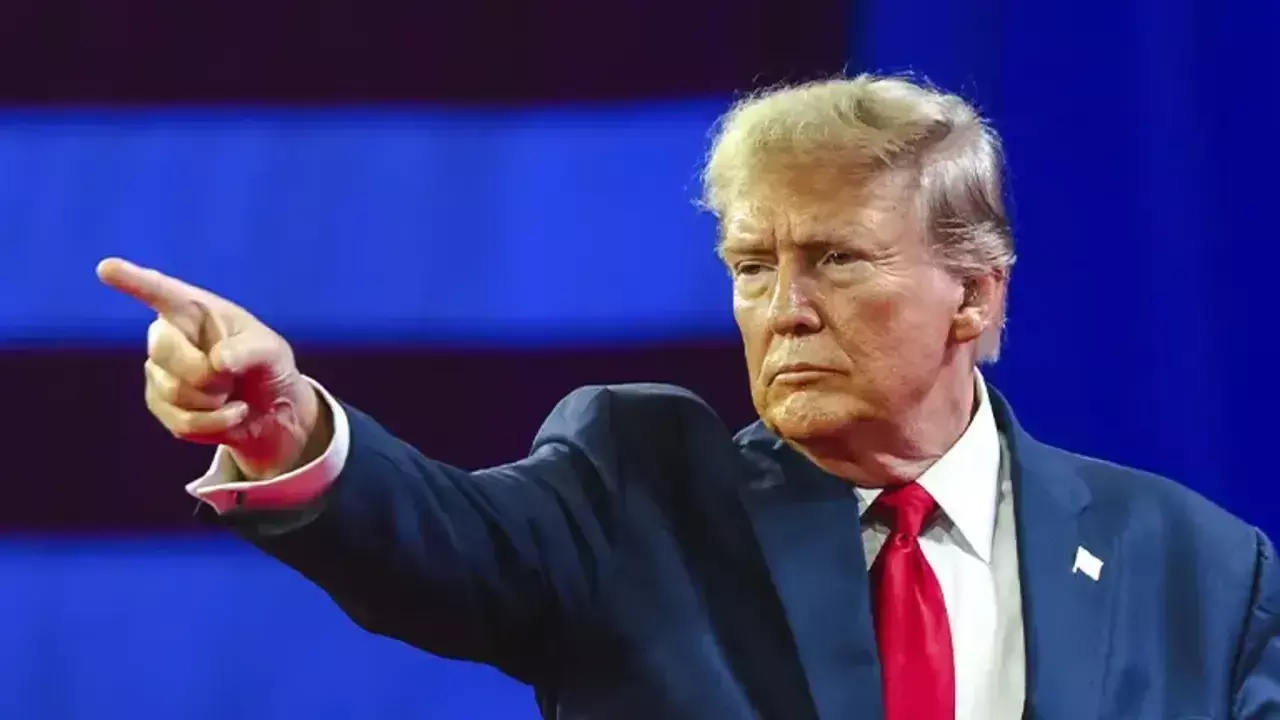TRENDING TAGS :
Trump’s Executive Order May Rise Drugs Prices in India
U.S. President Donald Trump’s executive order ties U.S. drug prices to the lowest global rates. While aiming to cut U.S. healthcare costs, the policy may raise medicine prices in countries like India.
New Delhi. U.S. President Donald Trump has signed an executive order, mandating that pharmaceutical companies align the prices of drugs sold in the American market with the lowest prices offered globally, a policy that could slash U.S. drug costs but risks triggering significant price increases in lower-cost markets like India.
Most Favoured Nation Policy to Reshape Pricing
The executive order institutes a “most favoured nation” (MFN) policy, requiring drugmakers to sell medicines in the U.S. at prices matching the lowest charged anywhere in the world. For instance, if a drug costs Rs 500 in India, pharmaceutical companies would be barred from charging more in the U.S. market. The move aims to address longstanding concerns over high prescription drug costs in the U.S., where prices often far exceed those in other countries.
“Prescription drug and pharmaceutical prices will be reduced, almost immediately, by 30% to 80%. Prices will rise throughout the world in order to equalize and, for the first time in many years, bring fairness to America,” Trump announced in a social media post on Monday.
Implications for U.S. Consumers
Relief for American Patients
The policy is expected to deliver immediate relief to American patients, who have long faced some of the highest drug prices globally. By pegging U.S. prices to the lowest international rates, the executive order could reduce out-of-pocket costs for millions of Americans, particularly for high-cost medications used to treat chronic conditions like diabetes and cancer.
Potential Resistance from Pharmaceutical Firms
However, industry analysts warn that the move may face significant pushback from pharmaceutical companies, which rely on higher U.S. prices to fund research and development (R&D). “While the move promises major savings for American consumers, it could lead to price increases in lower-cost countries as manufacturers seek to recover losses and R&D costs,” said Saurabh Agarwal, Tax Partner at EY India.
Risks for India’s Generic Drug Industry
India’s Global Role May Be Undermined
India, often referred to as the “pharmacy of the world” for its role in supplying affordable generic medicines, could face significant challenges under the new policy. The MFN rule may pressure drugmakers to raise prices in India to offset reduced margins in the U.S., potentially undermining the country’s ability to provide low-cost generics to its population and global markets.
Patent Pressures and Trade Talks
Experts say that the move may offer immediate relief to American patients, but it is likely to intensify pressure on lower-cost markets like India to raise prices, possibly through tightened patent laws in trade negotiations. Pharmaceutical pricing is likely to dominate discussions in the upcoming U.S.-India bilateral trade agreement, expected to be finalized by September or October 2025. India’s generic drug industry is a cornerstone of global healthcare, supplying affordable medicines to developing nations and even developed markets. The world depends on India’s generics. Preserving this model is not only in India’s interest, it’s a moral and global necessity.
Global and Trade Implications
Pharma Pricing to Dominate Trade Agenda
The executive order could reshape global pharmaceutical markets, as companies adjust pricing strategies to maintain profitability. Analysts predict that drugmakers may lobby for stricter intellectual property protections in trade agreements to secure higher prices in markets like India, where generics dominate.
The timing of the order is notable, as it coincides with ongoing U.S.-India trade negotiations. The anticipated bilateral agreement could become a flashpoint for discussions on drug pricing and patent protections, with India seeking to safeguard its generic industry while the U.S. pushes for pricing parity.
Possible Industry Retaliation and Market Effects
Pharmaceutical companies are likely to resist the MFN policy, citing potential threats to innovation and R&D funding. Some may also explore strategies to limit drug availability in low-cost markets to avoid triggering lower U.S. prices, a move that could exacerbate access challenges in developing nations.
As the executive order takes effect, its long-term impact remains uncertain. While U.S. consumers may see near-term savings, the ripple effects on global drug pricing and access could redefine the pharmaceutical landscape, with India at the forefront of the debate.


